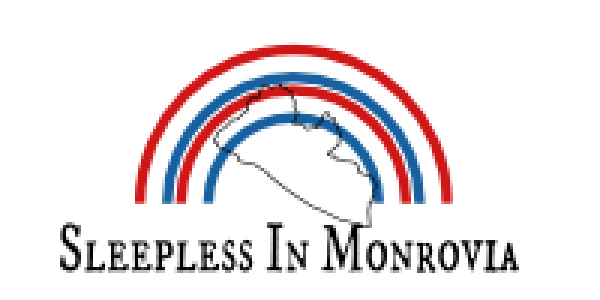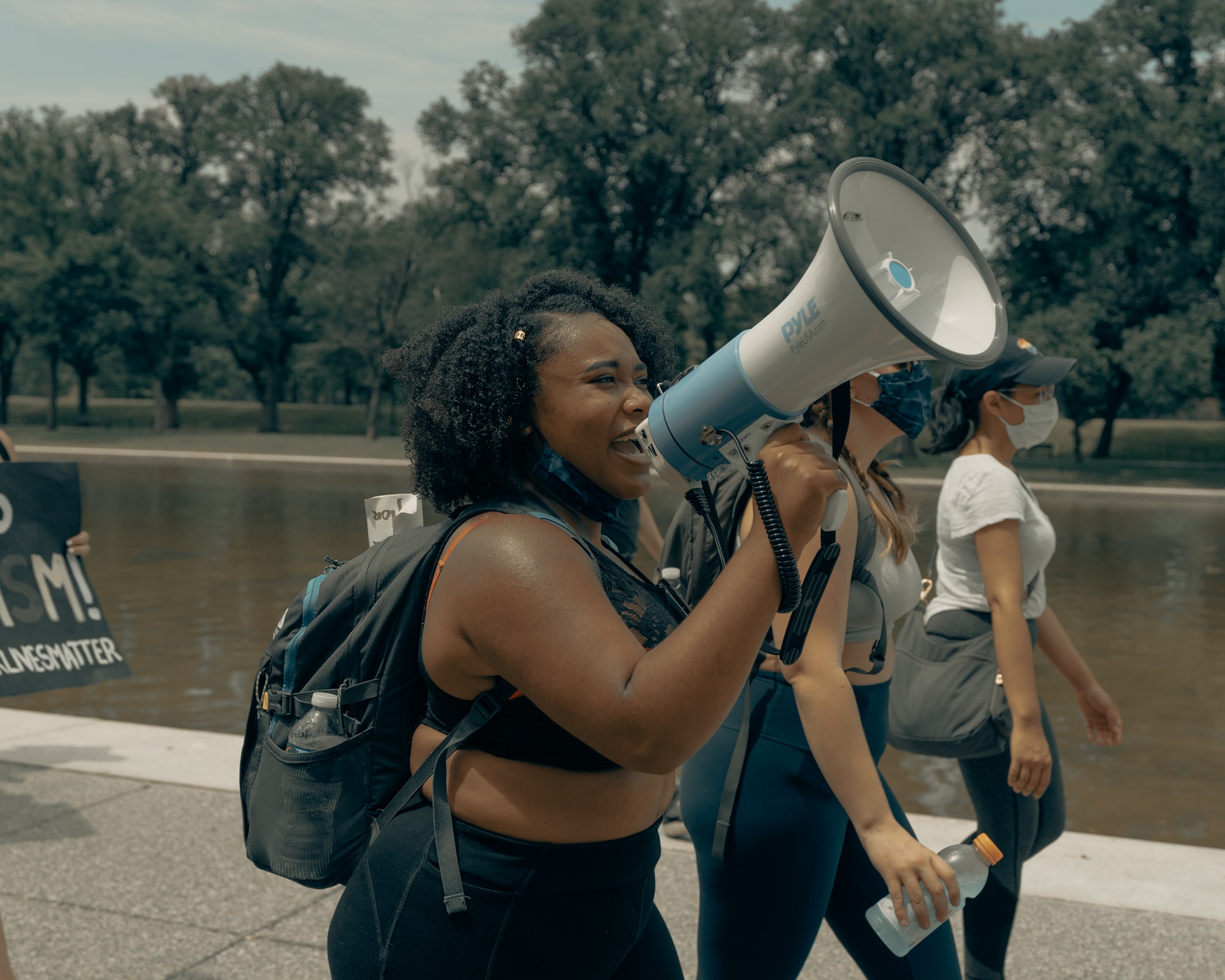It has been refreshing to see Liberians participating in current political conversations about racism, sexism and other systems of oppression, and I feel that now is a good time to bring the conversation closer to home. We may not experience racism like Blacks in the diaspora, but we participate in various oppressive systems that hinder the collective healing and growth of our society like classism, nepotism and elitism. Meriam-Webster defines Racism as “a belief that race is the primary determinant factor of human traits and capacities and that racial differences produce an inherent superiority of a particular race,” and classism as “prejudice or discrimination based on class”. Elitism is the ”advocacy of an elite as a dominating element in a system or society”. Nepotism is the “unfair practice by a powerful person of giving jobs and other favors to relatives.” These systems are utilized in many parts of Liberian society. However, before we begin to address the issues we are faced with now, it’s important to first reconcile our past in a way that holds us all accountable for our involvement and silence in the face of discrimination.
When Liberia was first established as a colony, it was modeled after the American Society and participation in systems was exclusive to Americo-Liberians – returned freed slaves from America. In 1980, Americo-Liberians made up a small portion of the population and possessed all socio-economic power. According to the Liberian Educator and Author Jesse N. Mongrue, ”The Congo people were the largest group of formerly enslaved people brought to Liberia after they were rescued from captivity on slave ships by the U.S. Navy.” They eventually merged with settlers and the terms Congo and Americo-Liberian became used interchangeably. Christianity was used as a tool of marginalization. Native Liberians were seen as uncivilized and were excluded from participating in politics by voting or holding office and from access to socio-economic growth. The classism established during that period exists today in a more nuanced way. It’s also important to note that none of these transitions happened without violent confrontations between Americo-Liberians and indigenous Liberians and the latter were eventually subdued.
Liberians glamorize “normal day” Liberia and I’m sure most of us grew up hearing stories of a time when Liberia was supposedly prosperous and peaceful. While that experience is true for some of our parents, there are thousands of other families with no cozy bed time stories of the like. People who remember watching from the sidelines and having to make monumental sacrifices in order to assimilate and gain proximity to the upper class. President Tubman is a public favorite because his Open Door Policy brought substantial foreign investment to Liberia, most of which did not trickle further than the small percentage of people at the top of hierarchies. This period further widened the class gap and I believe this was the tipping point that led to the chaos most of us recognize today. It was not so much what he did, but what would ensue after he died during his 27th year as president. He was succeeded by William R Tolbert who belonged to one of the most influential Americo-Liberian families and was the first or second Liberian President who could speak a native language (Kpelle). He actively affected policies that fostered the inclusion of native Liberians in politics and was responsible for the establishment of a public school system. His efforts to change the systems were met with opposition from his political alliances and he was eventually killed in a Coup d’etat led by Sergeant Samuel Doe in April of 1980. If you are Liberian, chances are you know the story of the public execution of 13 members of Tolbert’s cabinet by S. K. Doe and affiliates. This is somewhat common knowledge as witnesses and family members of some of the people involved are still alive. Many Liberians fled the country during this time and Ellen Johnson Sirleaf who was Minister of Finance at the time was one of the government officials who escaped a similar fate by leaving. While Doe’s intentions may have been noble, he was illiterate and lacked the experience or diplomacy to successfully lead and his failures further disenfranchised the very populations he sought to protect. The tussle for power between Doe and various oppositions led to the period of civil war that we remember.
This period built a wedge in the class gap and ensured it stayed wide. The most vulnerable populations were the most traumatized. I believe the trauma has begun to manifest in ways that should force us to question the current order of things. It has spilled into the lives of average Liberians and unless you leave Liberia, access to all the money can’t erase the smell of failure and desperation from the air. A person with a generator may not realize their entire community is dark until they come outside at night. It would be difficult for a person to leave their house and travel around Monrovia without being confronted with the reality that there are people of all ages and tribes with no access to some of the things they are privileged to have. We are always reminded of the gaps in our society -whether it’s the “zogos” on Carey street or the police officers asking for “cold water”. Like other forms of oppression, classism can be internalized and that dismembering severs spirit from the body and forces people to operate against their natural framework. It forces people to become enemies of themselves and that unlearning requires the contribution of all who benefit from or participate in oppressive systems.
I make reference to politics because we have this belief that recent governments have failed due to corruption and incompetent leaders alone. I believe that our governments have failed also because of disunity among Liberians and our participation in the systems we know are broken. Liberia wasn’t inclusive when it was governed by white Americans and Americo-Liberians because of classism and elitism, and the same is true for Tolbert and Doe due to nepotism and classism as well. We are no longer fighting the people who set these systems up. We are fighting ourselves for the privilege to participate in systems that do not serve us and were never meant to reflect our unique differences. The problem with classism and other systems of oppression isn’t the stand alone individual, it is the power that is the collective. One can not criticize a broken system without holding its participants accountable. We are a very complex people and our experiences are unique to us. Isn’t it time we adjust our systems, laws and norms to mirror our shared experiences? I think it’s time we focus on making our history and knowledge more accessible to people who may not have the means to acquire the information on their own. Bridging the education gap and fostering the culture of critical thinking in our schools and communities will prepare Liberians for the relevant conversations and relevant hard work. Knowledge is a privilege that should be made accessible to all Liberians, not just the ones who can afford tuition for private schools. The improvement of the education sector will take the involvement of every sub group in Liberia. To whom great things are given, great things are expected. We will all have to roll up our sleeves and work for the society we want to live in. I believe that when we know better we will do better.
America has shown us that the laws they founded their country on are a sham and can not maintain a cohesive society without reckoning with their violent past. We need to lay ours in the open and focus on ways to provide equal access to all Liberians while also providing space for conversation and healing to the people disenfranchised at the expense of “Congo privilege”. We may not always feel like it, but we’re all responsible for one another and indirectly shape others experiences with our own. Once you understand that desperation is the absence of morality, Liberian society will make sense and what’s broken will become clear. I have no answers but I implore young Liberians to ask the hard questions. They cause ripples. The conversation now needs to not only be about how oppressive systems like classism and nepotism have affected our experiences as Liberians or the roles that groups and individuals have played in the discord that we have begun to recognize as ineffective. We ought to also talk through these feelings of discomfort and come to a collective oneness. This call is to examine what it means to be Liberian and how that identity can be used for national development. This call is to identify ways people can contribute change to our society. Now is the time for us to examine our own behaviors and biases and strive for a peaceful society with equal opportunity for all.
Authored by Fanoraine Dohr
Featured Picture Unsplash


Awesome read! Well written and thought provoking.
You hit the hammer on every part of the national nail of Liberia.
Great piece.
Correction: The Congo people were never “enslaved” they were recaptives. They never touched any soil in the Americas or Caribbean and never experienced chattel slavery. They were native Africans from the area now known as Congo (DRC and or RoC) and they had nothing, aside from skin color, in common with the Americo Liberians. This is a very important distinction to make known.